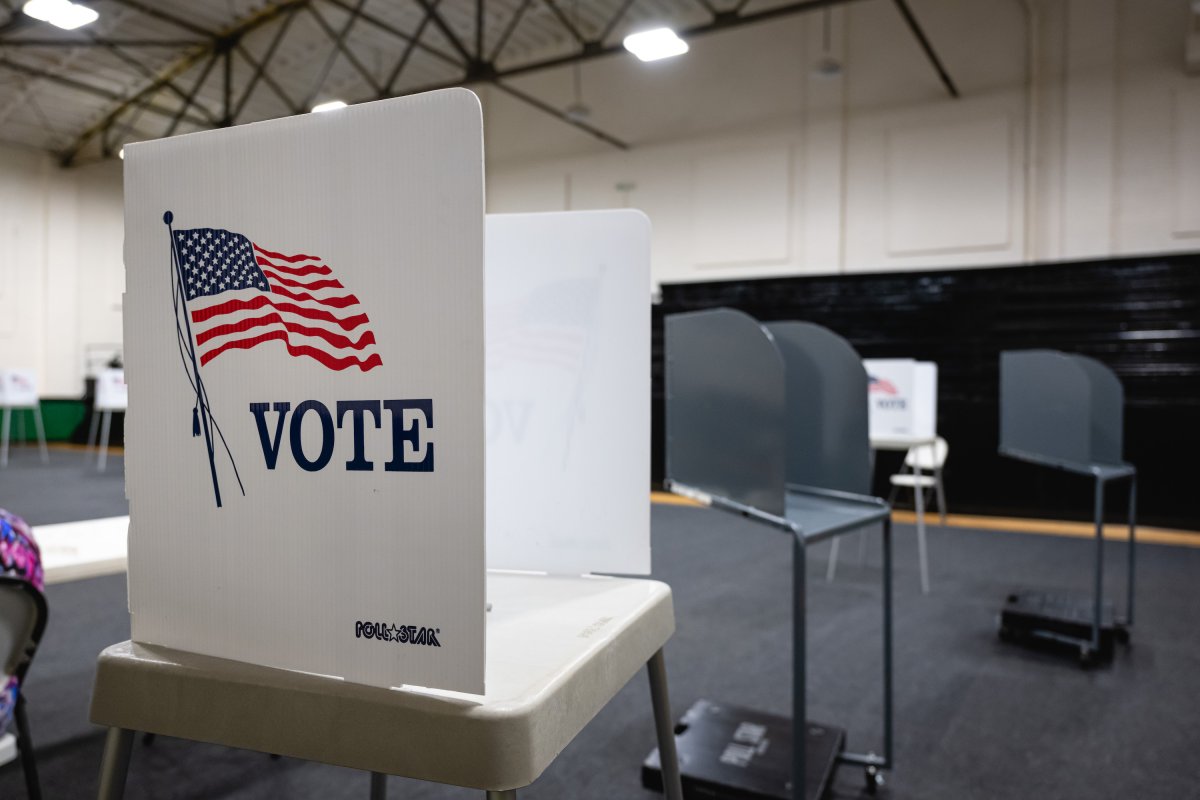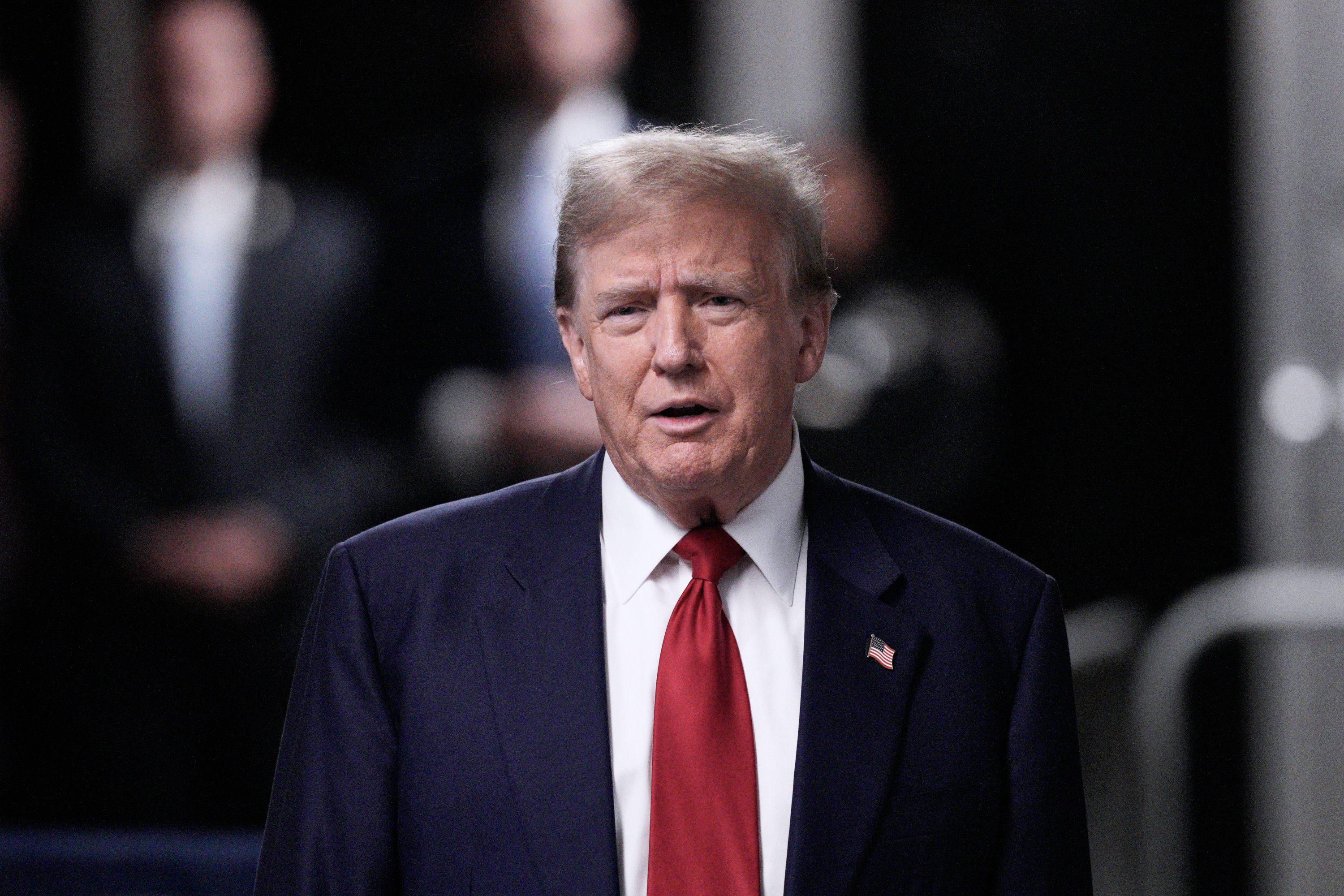As of now, most polls in the presidential race show Donald Trump leading and Joe Biden behind. For a number of reasons, these polls are (close to) meaningless at this point in time.
First, polling in the U.S. has been seriously skewed for several election cycles in a row. Ever since the surprise election of Donald Trump in 2016, U.S. pollsters have claimed that they have fixed the issue(s), but that remains to be seen. And there are indeed several problems with polling that need to be addressed.
It used to be that telephone surveys were considered to be the ones of the highest quality. However, with Donald Trump in the picture, people were more comfortable revealing their true voting intentions in online polls. The weighing of the raw data poses another challenge. Experiments have shown that when pollsters were given the exact same raw data that was gathered in the field, they produced different results out of it, including a different winner.
It has also become common in the industry to look at the average of multiple polls. But this practice assumes that sample size would be the main factor influencing the quality of a poll, and that pollsters have all other factors equally under control. That might not be necessarily the case.
It's also important to keep in mind that a U.S. presidential election is de facto not a nationwide election, but a state-by-state one. There are fewer polls conducted in key swing states and the challenges mentioned above are no less important there.
Alongside all the issues with polling methodology comes the interpretation of the results. At this point in time, with seven months to go until the election, it really doesn't matter if a candidate is two points ahead or behind. There is a margin of error to consider and many things will happen between now and the election. We don't know how people will see the economy by then, how the wars in Ukraine and Gaza will develop, who will show up and vote, how third-party candidates will affect the race, or how the health and legal issues of the candidates will play out.
There is also the issue of herding among pundits. When everybody on TV says that Hillary Clinton will win (2016), that there will be a huge electoral repudiation of Trump (2018), that the presidential election won't be close (2020), or that Democrats have no chance to hold on to the House (2022), it takes courage to go against the mainstream.

Trump is now ahead in most surveys, but that could just be because pollsters have adjusted their weighing after years of underestimating him, or because the main media focus is on Biden, the incumbent, at the moment.
One might think that it's always better to be ahead than behind in the polls, but based on my experience as a campaign operative, I disagree. Candidates usually make bold moves when they are under pressure, not when they're comfortably leading. In that sense, an early lead in the surveys can be a sweet poison putting campaigns to sleep at a moment when they should take decisive action. Donald Trump, for example, urgently needs to bring down his unfavorability ratings and carry out a comprehensive plan to reach swing voters. But since the polls say he is ahead, due to a very enthusiastic base, there might not be enough pressure to do that.
Candidates and their staffs have a love/hate relationship with polls. When they like the results, they forget all the limitations. When they dislike the results, they dismiss them altogether. The truth is often somewhere in between, and at this point in time, the polls basically indicate that this is a close race.
What should be worrying for Biden in the surveys are the underlying dynamics that the polls show—not on the question of who respondents will vote for, but on the ones about the direction of the country (a point I also write about that in my new book, Beat the Incumbent). Responses to these questions are very consistently negative and working against the incumbent. Questions of issue ownership also present a challenge for Biden. Voters now trust Trump more on almost any issue, by considerable margins.
Lastly, a major difference in current polls compared with four years ago is Biden's favorability rating. In 2020, he had a net positive favorability rating which, given the situation, was quite a stunning accomplishment. He is now seen every bit as negatively as Trump by voters.
Neither candidate can feel calm right now, but they do have opportunities to gauge their opponent's weaknesses. At this point in time, it would be revealing to see how voters react to tests of attack ads, which I am sure are being worked on at this very moment. That's only one of the many factors that will sway the election, regardless of what the polls say today.
Dr. Louis Perron is a global political consultant and the author of Beat the Incumbent: Proven Strategies and Tactics to Win Elections.
The views expressed in this article are the writer's own.
Uncommon Knowledge
Newsweek is committed to challenging conventional wisdom and finding connections in the search for common ground.
Newsweek is committed to challenging conventional wisdom and finding connections in the search for common ground.
About the writer
To read how Newsweek uses AI as a newsroom tool, Click here.








